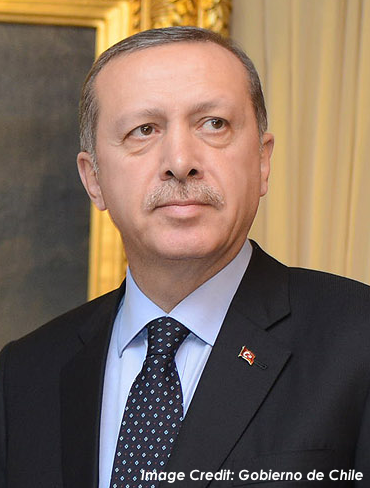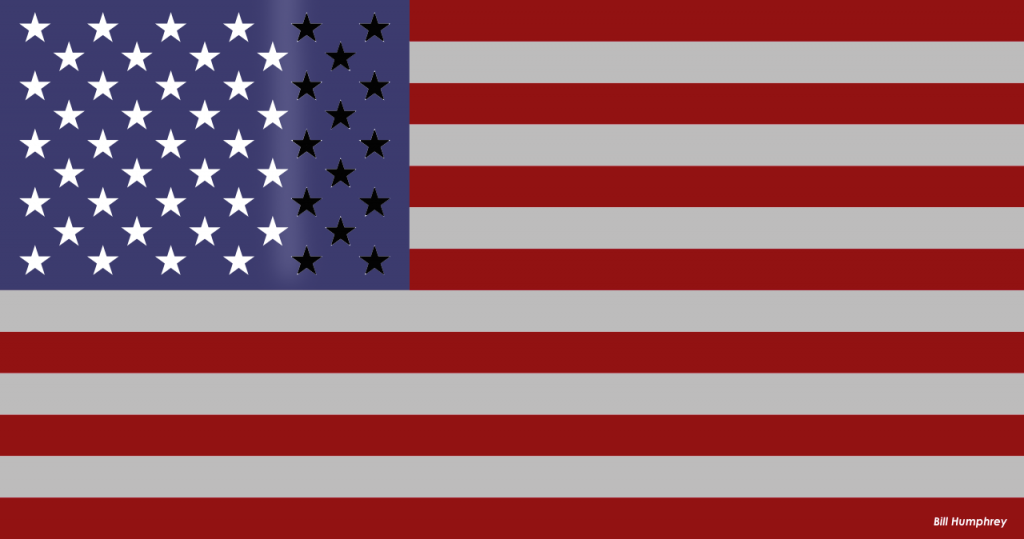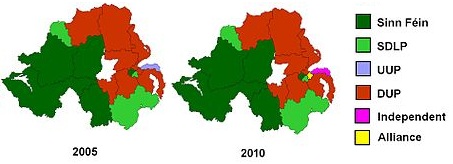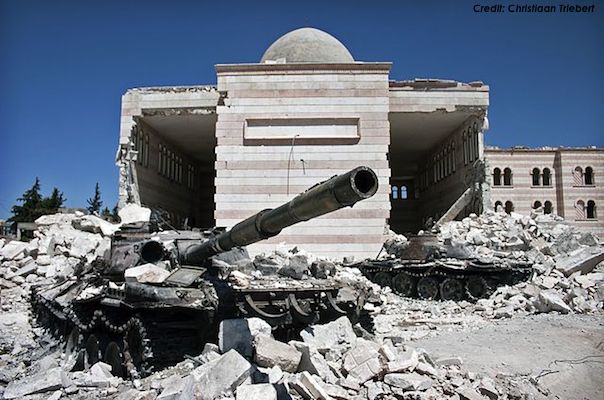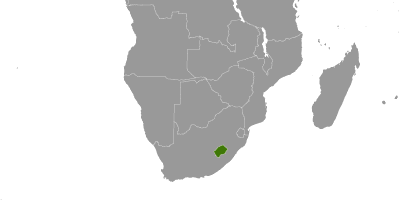Previously from Arsenal For Democracy:
“Possible coup attempt in progress in Lesotho” – 8/30/14
“Lesotho military appears to fracture after coup attempt” – 9/8/14
“South Africa making headway in Lesotho crisis talks” – 10/26/14
As part of South Africa’s mediation plan to resolve the crisis following a failed military coup in Lesotho last August and an earlier suspension of parliament, the people of Lesotho voted this weekend in a special election for a new parliament. Most of the same faction leaders in the crisis are running again, but with their various security forces on the sidelines. Although the election seems to be going smoothly, it’s not clear it can actually bring any additional stability to the country.
Justice Mahapela Lehohla, chairman of Lesotho’s Independent Electoral Commission, said: “The voting has been proceeding peacefully and according to plan.”
There are 23 politicians vying for the top post, with another coalition likely, according to analysts.
A final result may not emerge for days due to the remoteness of some communities voting.
If nobody gets a majority and the same people are returned to power and opposition leadership (or the same unstable coalitions are formed again), I have a hard time seeing how this moves the country forward. The fear and mutual recriminations within the country’s elite are likely to continue, particularly in such a small country where everyone in politics knows everyone else in politics and have long (often bitter) histories with each other.
Michael J. Jordan, who styles himself on Twitter as “the lone Western foreign correspondent” in Lesotho, has reported extensively on the crisis, the mediation, and the new elections. His latest report (which was also published in Foreign Policy magazine) does not paint an encouraging picture either:
With shared roots in the country’s first post-independence party, the factions are distinguished more by personality than politics, with little difference between their ideologies. But as one civil servant who requested anonymity said, “Whichever side doesn’t get to be a part of the next government, I’m afraid they will cause some troubles — I think they’ll fight.”
[…]
“Lesotho is in some ways a victim of its narrative — as the ‘first coalition government in southern Africa’ — because it was a very fragile, shaky edifice, driven by personal splits within the parties,” says John Aerni-Flessner, a Lesotho specialist and professor of African history at Michigan State University. “It was never based on ideological unity, but on politics as convenience. To see it disintegrate isn’t as surprising for Lesotho-watchers as it is for those who bought into the narrative.”
Ironically, the seeds of unrest were planted by the success of the 2012 elections. The upending of the old power structure created an opportunity for the new government to pursue corruption cases against members of the ancien régime, who for years had acted with impunity, accused of fixing contracts and taking kickbacks for everything from agriculture and infrastructure tenders to diamond and water projects. Soon after taking office, Thabane (himself a survivor of 50 years in southern Africa’s rough-and-tumble politics), launched his crusade, digging into the purported crimes of his political rivals.
While Thabane’s critics accused him of conducting a vengeful witch hunt — and others accused him of hypocrisy for his own checkered record — his campaign opened the door for the small handful of local anti-corruption lawyers contracted by the state’s Director of Public Prosecutions, to take on a handful of top officials who had abused their power during the 14-year rule of former Prime Minister Mosisili.
By late 2013, prominent business, political, and security elites named in these investigations soon found they were being made targets. As more were forced to hire lawyers to avoid prosecution, the political fight boiled into violence, culminating on Aug. 30 with an attempted coup.
Jordan suggests, as well, that South Africa didn’t really try to solve the underlying causes of the crisis, but rather just tried to end the surface-level breach of constitutionality and lack of law and order. Hence the big push for quick and early elections that will probably just leave Lesotho waiting for the next shoe to drop. There are also serious, credible complaints that the election wasn’t conducted in a fair or clean manner.
